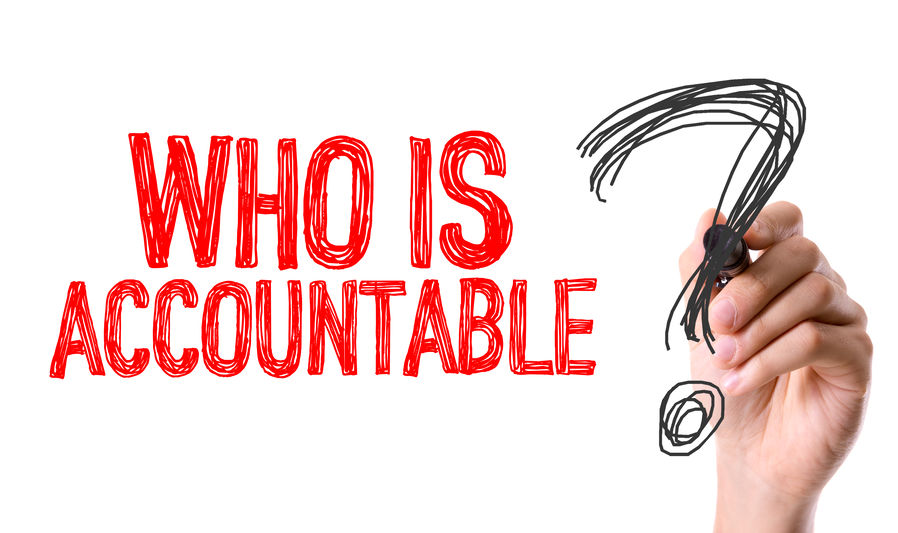Like the answer to many legal questions, it depends. If you are unaware that your partner is committing the fraud, it is unlikely that a court will pierce the corporate veil to attach liability to your personal assets. Even so, the LLC as a whole may be held vicariously liable, which could in turn lead to bankruptcy and dissolution of the company.
However, if you are aware that your partner is committing the fraud or should be aware based on your position in the company, then you may be held personally liable. This may fall under a gross negligence theory, in that you are grossly negligent to trying to stop the fraud. Personal liability may also be justified by the court in that, as a member of the LLC, you are likely profiting from the illegal activity of which you are aware.
Are Members of an LLC Personally Liable for the Debts of the Business?
What happens if there is no fraudulent conduct, but the LLC goes bankrupt and has unpaid debts? Usually, the members are fully shielded from the liability of this debt. However, a few exceptions do exist:
- When an owner signs a “personal guarantee”- with this arrangement, one of the owners signs an agreement making the owner personally liable for a debt if the company is unable to pay it. A member can also offer up specific personal property as collateral.
- When the debt is induced by fraud- essentially, the member was either reckless in the borrowing or spending of money or misrepresented having proper funding to form the company in the first place. If determined that the debt was due to fraud, a court may allow a creditor to pursue the member’s personal assets to pay off the debt.
- Co-mingling company money with personal finances – members need to be careful not to co-mingle corporate and personal bank accounts or use any company money for personal purposes. Otherwise, a court might find the members are simply using the LLC as their “alter ego” and that they are therefore not entitled to the limited liability.
Am I personally liable for debt of S-Corporation?
S-Corporation simply refers to how a company is taxed, it is not a type of entity. S-Corporation status does not affect the limited liability protections offered in an LLC. Therefore, a court can still pierce the corporate veil, regardless of whether the company has S-Corporation status or not.
Suing an LLC with No Assets
If you find yourself on the other side of the matter trying to obtain a payment from an insolvent LLC, you may be able to pierce the corporate veil using any of the above justifications. If you think it is possible to obtain the debt from an individual member in the event the company unable to pay, it is important to include the individual member in the complaint when filing a lawsuit to recover.








